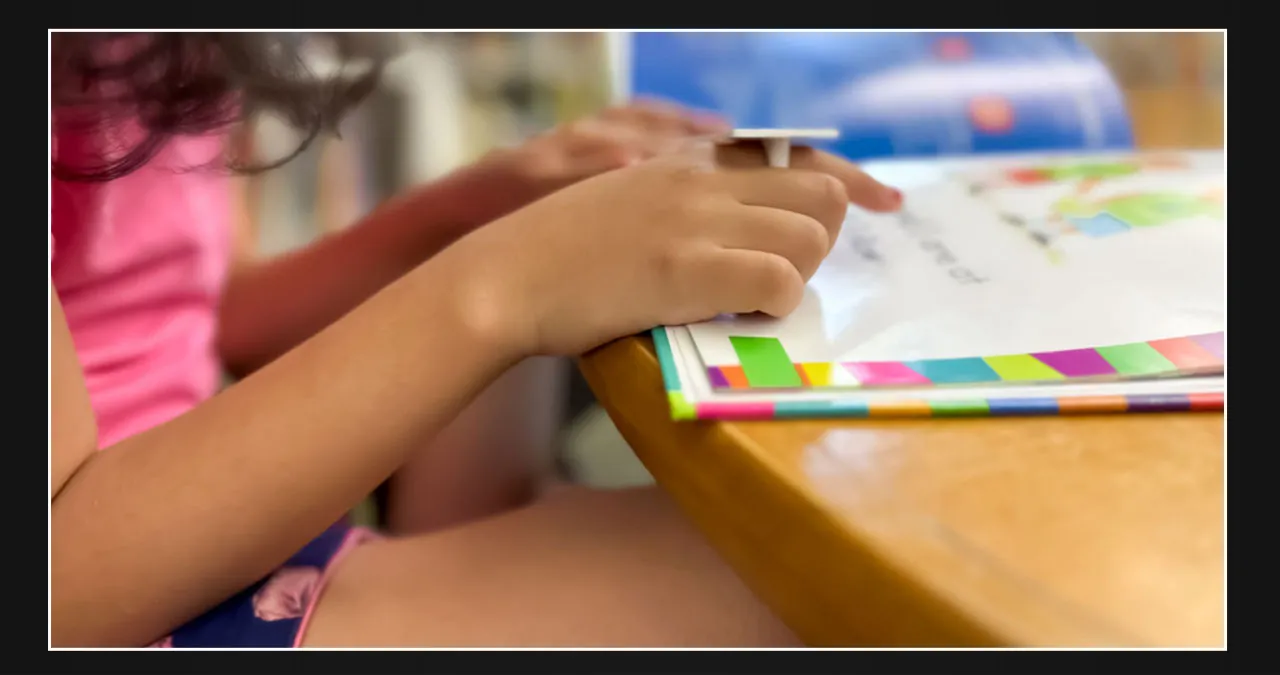During a recent Literacy Task Force meeting, the Director of Alabama Reading Initiative proposed discussing the possibility of implementing portfolios for specific student populations.
According to Bonnie Short, the director of the Alabama Reading Initiative, the areas that received the most attention were blind and deaf students, as well as English language learners.
“As the director of literacy, I often receive feedback on various aspects of our program. While I don’t necessarily believe that any major changes are required, I do think it’s important for us to carefully consider these perspectives. After all, these individuals may have encountered some unique circumstances,” she explained.
The Alabama Literacy Act, which was enacted in 2019, has a primary goal of ensuring that students achieve grade-level reading proficiency by the conclusion of third grade. Any third-grade student who fails to meet the predetermined requirements, such as a designated test, may be held back. Additionally, the legislation established a Task Force responsible for providing recommendations regarding reading programs and instructional approaches within the state.
The 2023-24 school year marked a significant milestone as it finally saw the complete implementation after years of persistent delays.
According to the 2023 ALSDE Literacy Act FAQ, students have the opportunity to advance in certain circumstances. For instance, students who have received intensive reading intervention for over two years and still demonstrate a deficiency, or were previously retained in a previous grade, may be eligible for good cause exemptions. Additionally, students can advance if they achieve an acceptable score on the supplemental test or if they meet the “Master Grade 3 Essential Reading Standards” in a student reading portfolio.
According to Ana Behel, an English Language Development Teacher in Florence City Schools, she distinguishes between the WIDA test and the reading test, stating that they are not identical. She explains that the WIDA test assesses more than just literacy skills, with the literacy sub-section being particularly challenging for students. This is due to the fact that it incorporates grade-level content, such as the language used in science.
English learner students may have the opportunity to study texts in multiple languages, prompting the question of whether the focus is on acquiring reading skills in general or specifically in the English language.
“There is a crucial question that needs to be addressed: Do we aim to assess a student’s ability to understand and comprehend the text, or are we solely focused on evaluating their proficiency in English?” questioned the professor.
Some members of the Task Force made the argument that it formed an integral part of the English Language Arts curriculum.
Kristy Watkins, the chair and director of curriculum at Jasper City School District, expressed the need for clarification regarding the portfolio requirements for students with visual and hearing impairments, as well as English language learners.
Short informed the members that she would be distributing a survey to gather their input on areas that they believe require potential revisions.
“We want to ensure that everyone’s perspective is considered when discussing these various topics,” she explained.
According to Justin Hefner, co-chair of the task force and Homewood City Schools superintendent, the task force is obligated to meet at least twice a year. However, if the members determine that there are several areas that require revision, it is highly likely that they will need to convene more frequently.
“I believe it’s crucial for us to consider the frequency of our meetings,” he expressed. “If Bonnie’s survey reveals that all of these require reassessment, it might become overwhelming.”











Leave a Reply